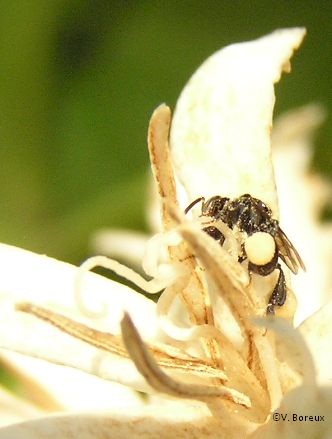Insect pollination: commodity values, trade and policy considerations using coffee as an example
DOI:
https://doi.org/10.26786/1920-7603(2012)4Abstract
Science has shown the importance of animal pollinators to human food security, economy, and biodiversity conservation. Science continues to identify various factors causing pollinator declines and their implications. However, translation of the understanding of pollinators’ roles into current policy and regulation is weak and requires attention, both in developed and developing nations. The national and international trade of commodities generated via insect pollination is large. Trade in those crops could be a means of influencing regulations to promote the local existence of pollinating species, apart from their contributions to biodiversity conservation. This paper, using the example of international coffee production, reviews the value of pollinating species, and relates them to simple economics of commodity production. Recommendations are made that could influence policy and decision-making to promote coffee production, trade, and pollinators’ existence. Assumptions and considerations are raised and addressed. Although the role of insect pollinators in promoting fruit set and quality is accepted, implementing pollination conservation in forest habitats may require assured higher prices for coffee, and direct subsidies for forest conservation to prevent conversion to other crop lands. Exporting and importing governments and trade organizations could establish policy that requires insect pollination in the coffee certification process. The European Parliament and the North American Free Trade Agreement could be instrumental in creating policy and regulation that promotes insect pollination services in coffee production. The reciprocity between the services of insect pollinators in certified coffee production and their services in forest biodiversity production should be implicit in future policy negotiations to enhance both systems.
cover image © V. Boreux

Downloads
Published
How to Cite
Issue
Section
License
Copyright (c) 2012 Vernon George Thomas, Peter Kevan

This work is licensed under a Creative Commons Attribution 4.0 International License.











